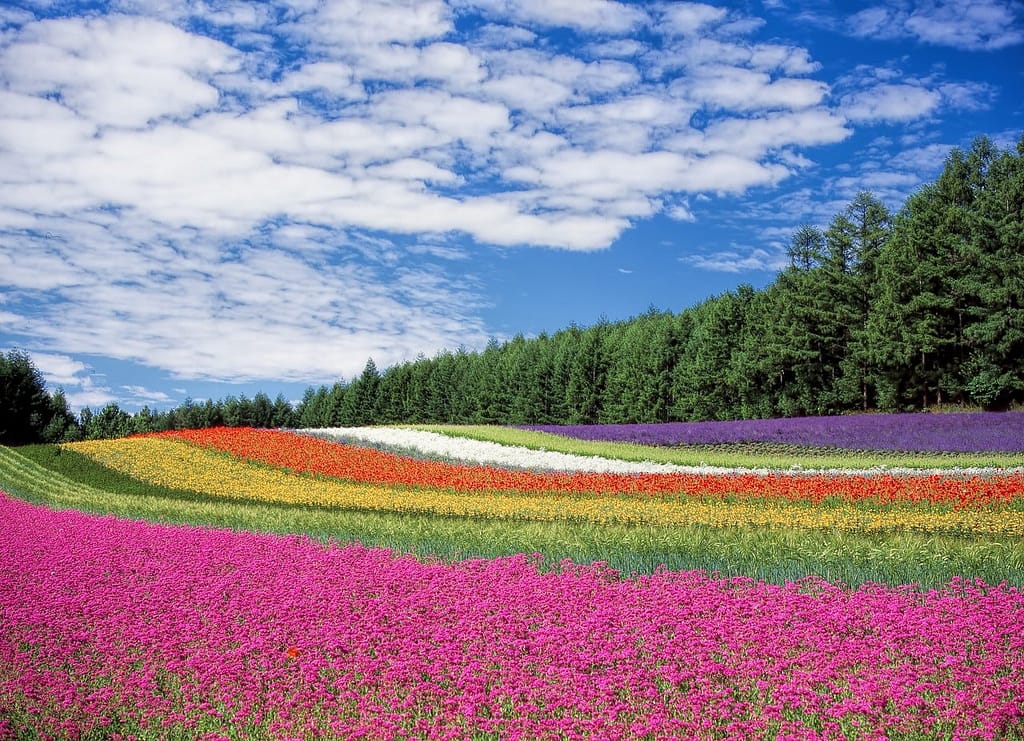Last updated on April 8th, 2023 at 10:56 am
Why should I read your tips for writing poetry? Is it a sane suggestion in today’s busy, material and unscrupulous world? Rather, why should I waste time picking scarce words, framing rhyming sentences and narrating beauty?
You are going to get answers to all your queries in this post. You will learn what poetry writing is in general and what it means for you.
We shall also look at the aspect of poetry writing from different angles. That will tell you how poetry writing, once a hobby, could become your profession and earn you money.
However, the purpose of the post is to impart to you tips and tricks that will help you write better poems in comparison to how you have been writing till date. Even if you are not a poetry writer until now, you will want to learn writing poetry in its basic form and be willing to write more and more poems.
Even though the post pertains mainly to English poem writing, yet the basic idea outlined here, is sure to help all the people with a poetic heart, whatever their mother tongue be.
Why Should You Write Poetry?
You need to write poems to keep your humanity intact. If the noise of machines freaks you out, if people’s sorrows and tears are unbearable to you and if blooming buds speak to you, you are a poet and you must write poems. May be you have not penned one till date but sure, you have what it takes.
Write poems because you are human. You have emotions and have a soul too. You are not dry sand but soil, soaked in rain. Where dormant seeds wake up, flowers smile and the life hums.
For non-poem-writers and poetry beginners, it is important to understand that this art is no more honorary in nature. As a first-hand example, search the internet with the words “write poetry to earn” and see for yourself how many ways of online money earning from poetry writing pop up.
When I changed my search words to “lucrative poetry competitions of the world”, I came to know about James Laughlin Award given by the Academy of American Poets and National Poetry Competition hosted by the United Kingdom.
You need to learn new tips for writing poetry and get neck-deep into it because it changes the way you write for the better. Poetic imagination is unlimited, wild and queer. It makes you ride the flights of fancy. You think of things you never had thought of and this is what changes your writing. You learn to appreciate beauty, get newer dimensions to exploit and come to understand the universality of viewpoints.
Besides all these, there is a scope of language improvement. You try hard to pick the very words that satiate your imagination and sentences that fit into a poetic style as well as express the emotion precisely. It takes devotion, hard work and frequent experimentation.
16 Tips for Writing Poetry
#1 Rear Your Emotion
Poetry is when an emotion has found its thought and the thought has found words. – Robert Frost
That means, emotion is central to the concept of poetry. Without it, there cannot be a poetry. Let your heart be at work. Let it beat for smiles and tears, sun and rain, leaves and flowers, wind and birds, clouds and vales and so on. Simply put, if you are a poet at heart, nothing can stop you from writing poems.
#2 Appreciate Beauty
A famous saying goes like this:
Beauty lies in the eyes of the beholder.
Look for beauty in its every form. Be it of nature, looks, language, music or whatsoever. The above quote means it is the way one looks at something, that decides how much you appreciate the same. For example, one could have described one’s journey, as “I had to painstakingly make my way through mountains and plains in order to …” However, the great Wordsworth described it to be as pleasant as what follows:
I wandered lonely as a cloud
That floats on high o’er vales and hills,
When all at once I saw a crowd,
A host, of golden daffodils;
Beside the lake, beneath the trees,
Fluttering and dancing in the breeze. – William Wordsworth
The point is, you get what you see with your mind’s eye. And because you need to write poems, you need to behold like a poet.
#3 Develop a Robust Vocabulary
While writing a poem you will need rhyming words, differently sized words and phrases and synonyms. This is because formats of various types of poems need words according to their own requirement. Even for writing a small haiku, you will need both skill and word power. Being a poet needs being a wordsmith.
#4 Read Poems and Stories
A fertile brain is a breeding ground for poems. You can create a poem easily and beautifully if you indulge yourself in reading others’ poems. Besides, each poem is a short story in itself. In one of my posts I have mentioned how a haiku has a script behind it. Read it here. Going through the emotion of anything will give rise to a poem.
#5 Attend Writers’ Meets
The same applies here too. A writers’ meet is a place where the writing ideas circulate and even evolve. Discussion is the mother of discovery. So believe many and that applies to the art of writing poetry.
#6 Store Events Suitable for Poem Writing
You come across so many events every day, some petty, some significant and others quite impactful. Keep collecting such events in your mind’s inventory and even in your daily journal. Such a collection is like a packet of food ready to eat for a creative writer.
#7 Practise Converting Prose to Poetry
You have events, you have stories and you have words. Still, packing them into enjoyable, formatted and emotional packets is a skill that you need to improve upon regularly. Take pieces of prose, of course that appeal to you, and rehearse converting them to poetry.
#8 Gain Knowledge of Different Genres of Poetry
There are haikus, sonnets, free verses, villanelles, odes, limericks, ballads and many more. Read and learn each of these types of poems. That helps develop your style and tone.
#9 Choose a Calm Location for Writing Poetry
This depends solely upon you. I personally need a serene writing environment. Therefore, a cafeteria will not work for me. A library might. However, many like me choose a corner of the house where distractions hardly tread. Others try to create one by putting cotton in the ears, constantly looking at their notebooks or purely through a concentration of the mind.
#10 Choose an Appropriate Hour for Poetry Writing
This differs from one person to other. For some, wee hours in the morning are the best. To some others, dull afternoons provide good opportunity for writing.
#11 Get into a Network of Poets
Writers’ meets and poets’ conferences are opportune places to build networks. You get more favors to showcase your poetic skill through participation.
#12 Do Not Get Stuck
If you get stuck at points in your poem, do not wait. For the time being, you may move ahead with a second-choice word or a less appropriate sentence.
#13 Learn Literary Devices
These are specialized devices of literature that make a writer’s intent clear and comprehensive. There are hundreds of them. For example, consider this sentence “He is a giant of mathematics.” Here you are using the word “giant” as a metaphor.
Using more and more literary devices will enhance the beauty of your poem.
#14 Use Online Resorces
Nowadays, we have writing aids and we should use them to our advantage. One can set writing targets, get suggestions for synonyms and have a check to do away with mistakes of grammar and punctuation. Newer aids are coming up daily and one should avail them.
#15 Draw a Story With a Poem
Some poems tell a story. You can think of a simple story with a deep meaning and then convert it in a poem. Sometimes, historical sagas and patriotic stories are told with the help of poetry.
#16 Practise Recitation and Participate in it
Recitation is an art that enlivens poetry. When you read, recite and hear more and more poems, new poems sprout in your heart. Consequently, you start writing better poems.
Tips for Writing Poetry Alone Will not Help You
The above mentioned tips for writing poetry will help you only as long as your devotion continues. Unless you dip your soul into poetry writing, it will not bear fruits.
Remember,
You write poetry for your own satisfaction as well as others’.
One loves poems because one loves life.
We take to imagination to get rid of the bitter reality.
The mankind keeps poetry alive to keep humanity alive.


